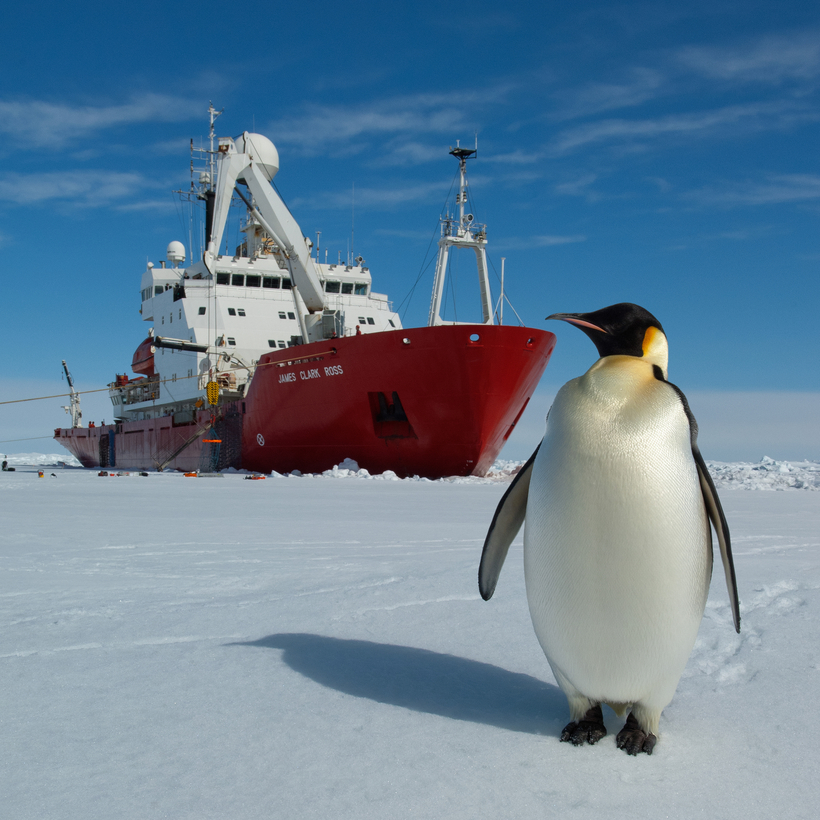This week, 40 men and women will emerge from quarantine and board the Royal Research Ship James Clark Ross as it prepares to sail from Harwich in Essex to the South Atlantic. Their mission is straightforward. They will attempt to salvage scientific operations in Antarctica while also keeping it Covid-free.
The continent is the only place on Earth that is still untouched by the pandemic – though keeping the virus at bay there has come at a cost. All major research projects in the Antarctic have been halted. As a result, no senior British scientist will have embarked on a mission to the continent this year for the first time in decades.

